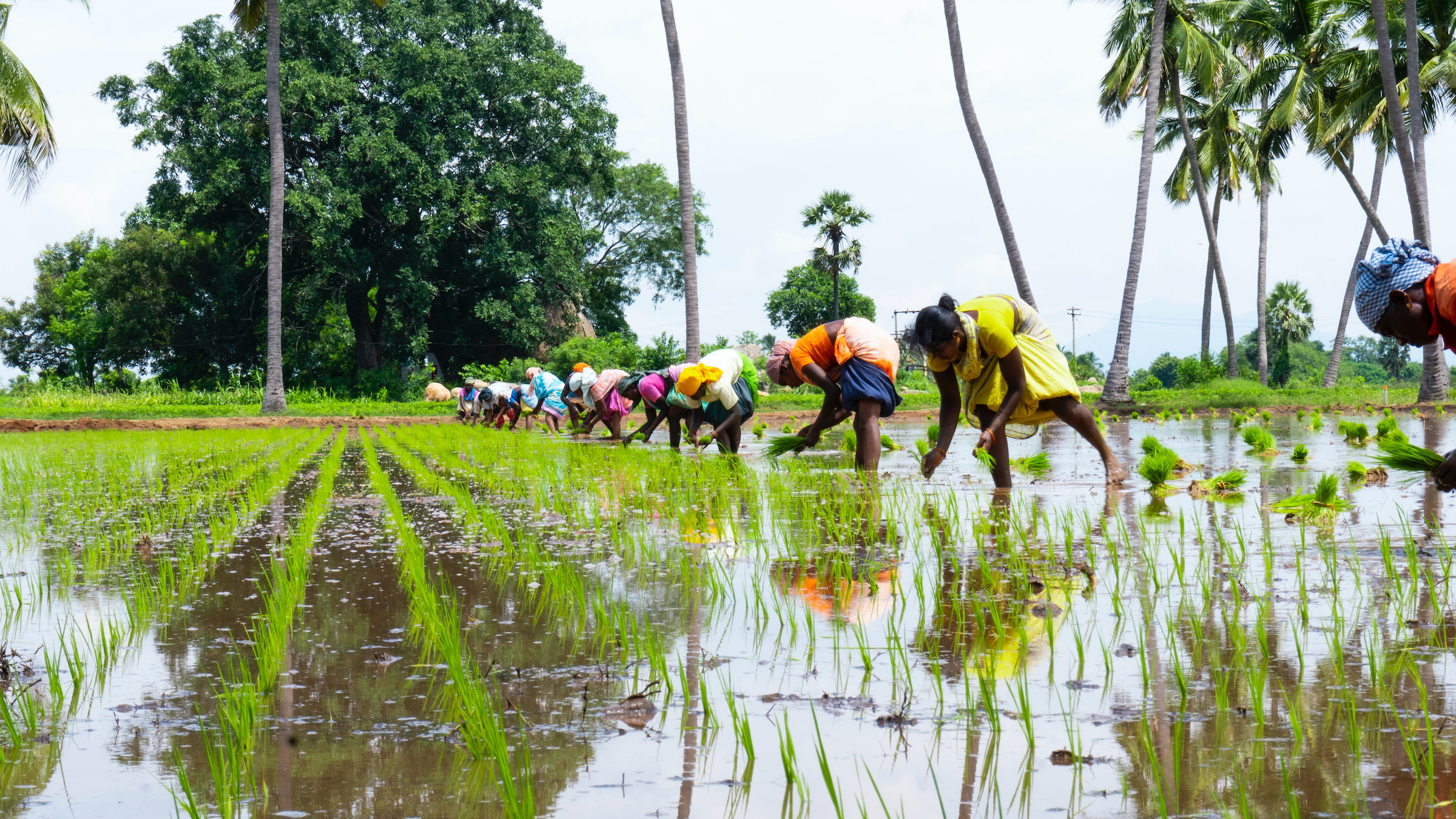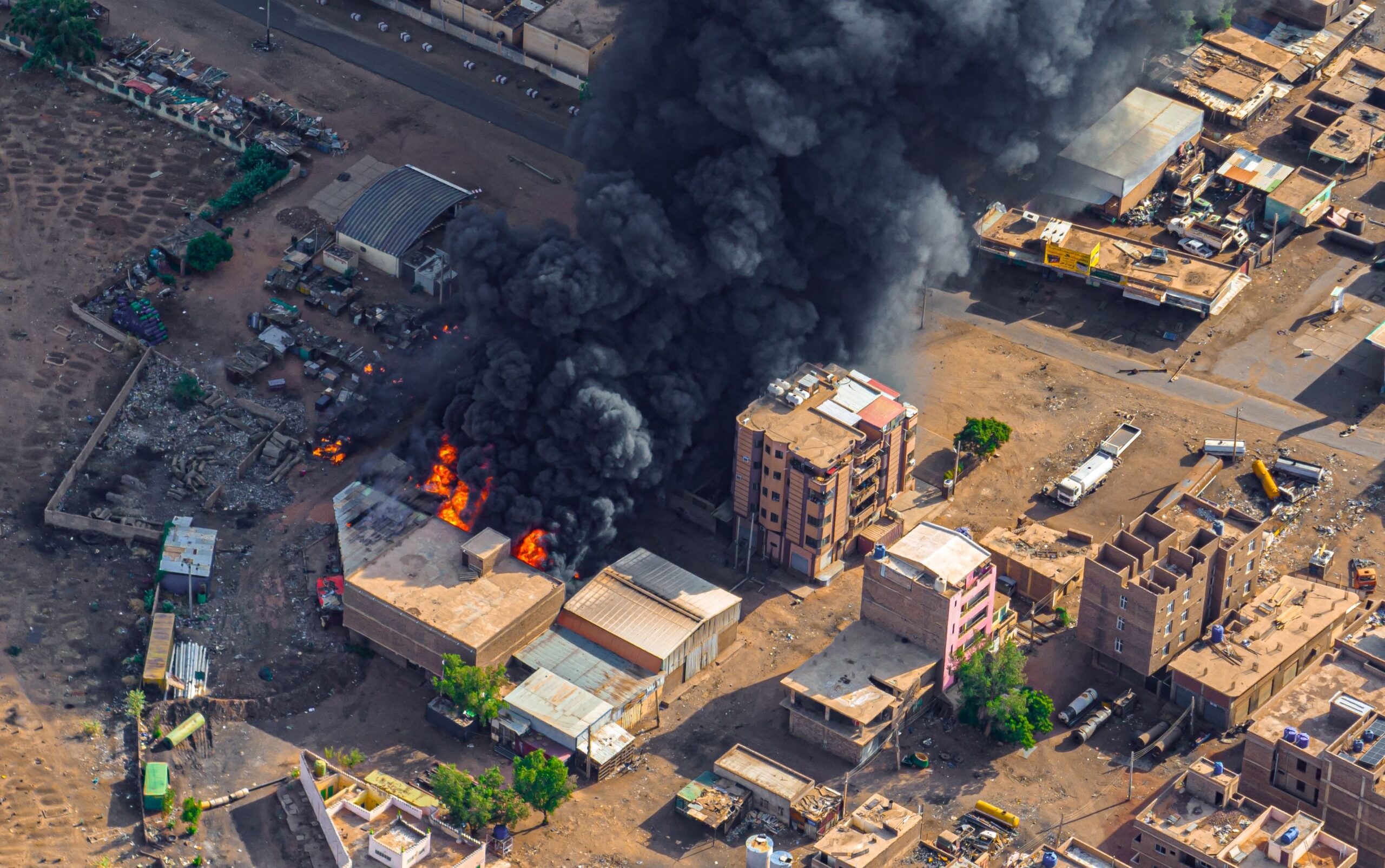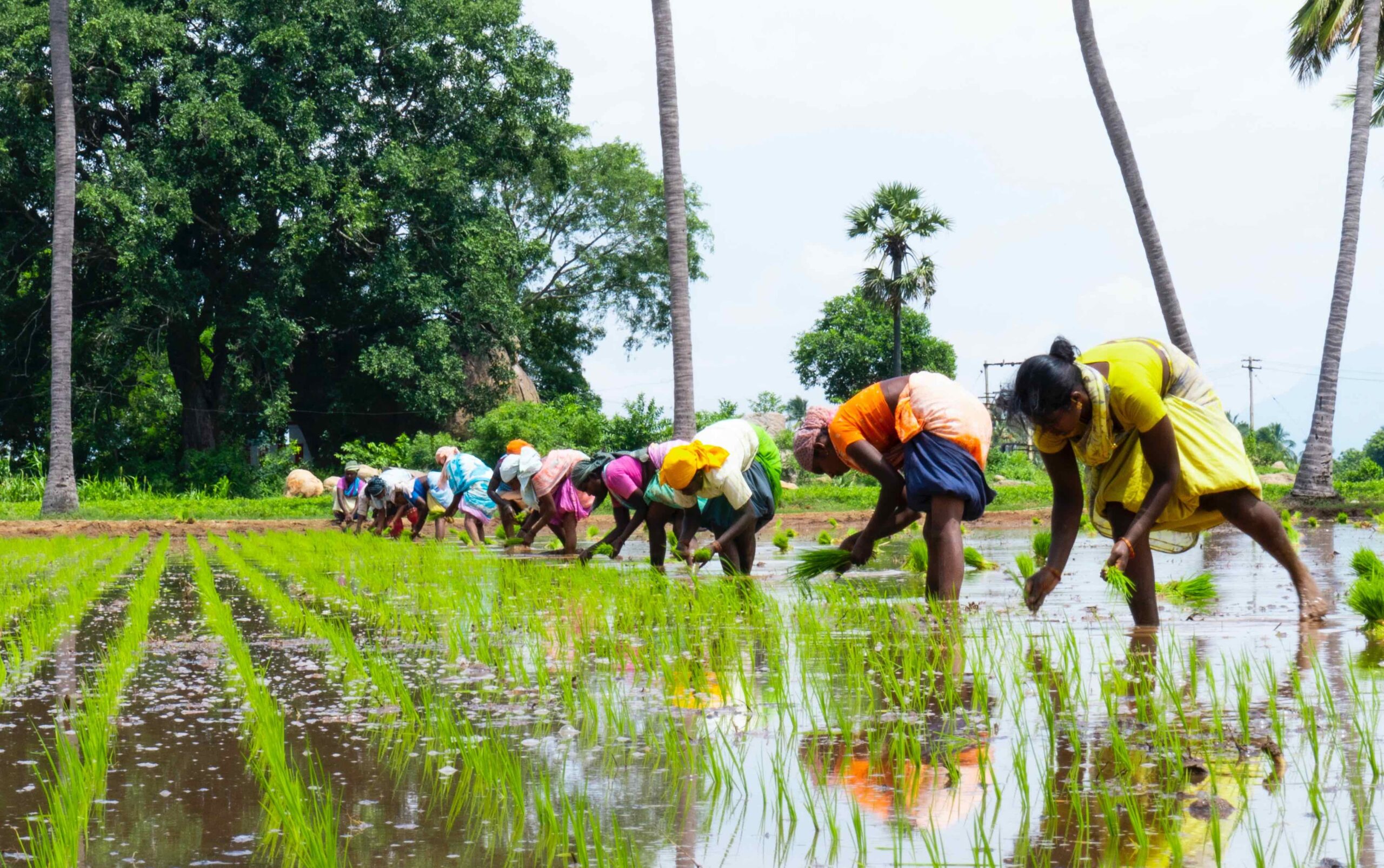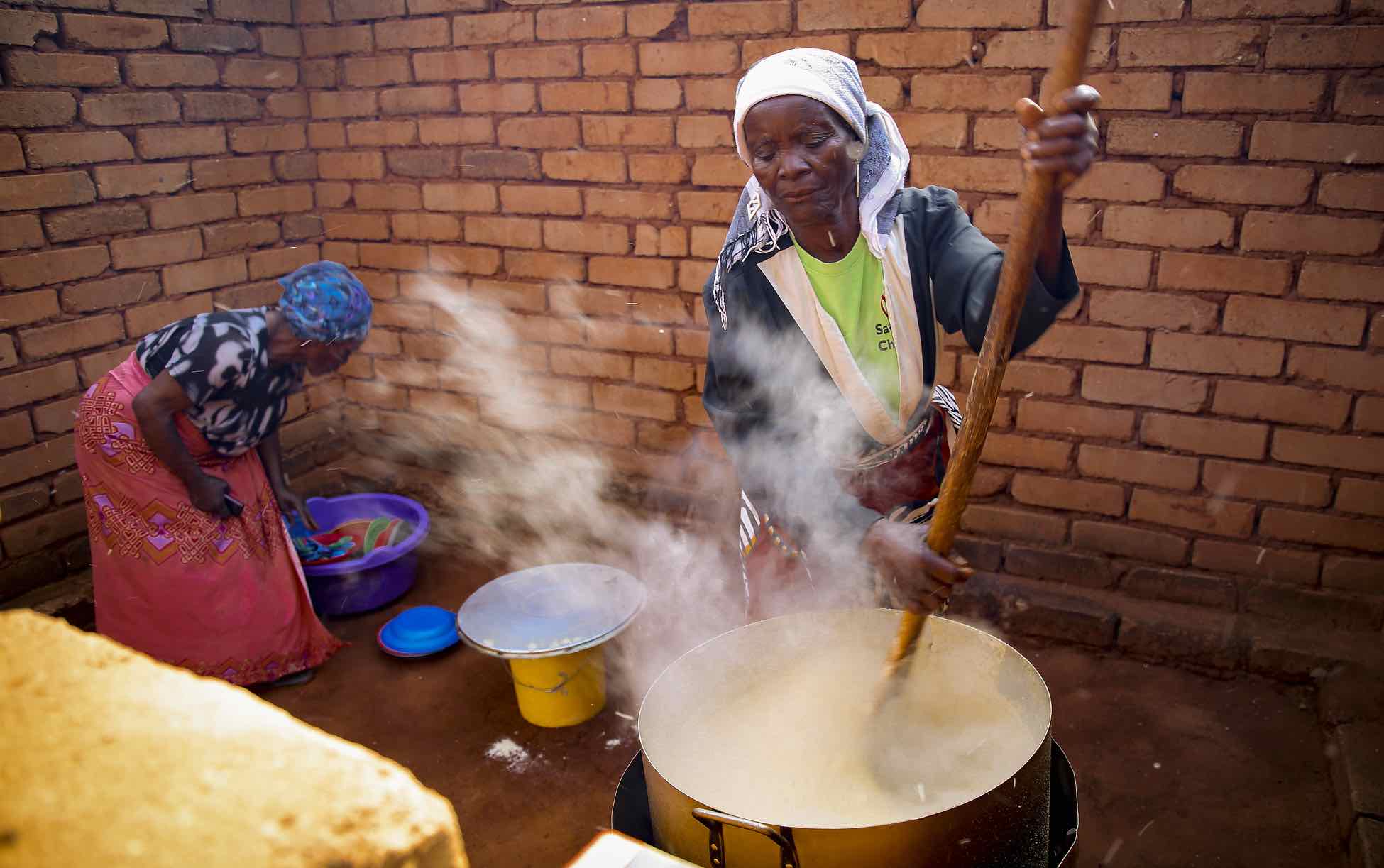Conflicts and other shocks have triggered rising food insecurity and malnutrition in many places around the world. This special blog series examines how these often-overlapping crises are impacting food systems at the global, national, and local levels. Contributors also evaluate policy responses to food system shocks, with a view to finding effective approaches that enhance the resilience of both national and global food systems. The series is co-edited by Joseph Glauber, IFPRI Senior Research Fellow, and Johan Swinnen, IFPRI Director General and Managing Director of CGIAR’s Systems Transformation Science Group.
This blog series was initiated in February 2022 when Russia’s invasion of Ukraine triggered trade disruptions and significant increases in international prices of energy, agricultural commodities, and fertilizer, which were already elevated due to the COVID-19 pandemic and related value chain disruptions. While those impacts are still being felt, this series has expanded to incorporate posts on new conflicts, such as those in Sudan and Gaza, as well as weather-related disturbances and other food system shocks.
Latest Blog
-
After a year, India’s rice export restrictions continue to fuel high prices
A key staple for low-income consumers in sub-Saharan Africa and other regions.
-
-
-
Sudan food emergency: Unpacking the scale of the disaster and the actions needed
More than 20 million face acute food insecurity.
-
Trade policy and food price volatility: Beggar thy neighbor or beggar thyself?
The downsides of emergency trade measures.
-
Responding to Malawi’s impending food crisis
Food imports can make up for shortages if quick action is taken.









